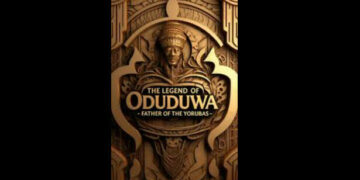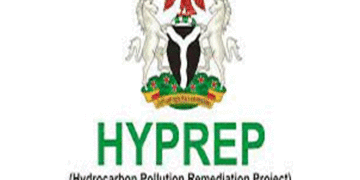The Federal Government has announced that graduates will no longer be mobilised for the National Youth Service Corps (NYSC) unless they submit their final year projects and other academic works to the Nigeria Education Repository and Databank (NERD).
President Bola Tinubu approved the reform, which formally links NYSC mobilisation to compliance with the NERD policy.
By invoking Sections 2(4)(4) and 16(1)(C) of the NYSC Act, the president directed that no graduate, whether from a Nigerian or foreign institution, will be mobilised for, or exempted from NYSC without proof of depositing academic outputs in the NERD database.
The directive, contained in a circular issued by the Secretary to the Government of the Federation (SGF), Senator George Akume, will take effect from October 6.
Under the NERD framework, students are required to upload their academic outputs, including theses, dissertations, and final year projects, into the national repository.
The initiative was designed to curb certificate fraud, preserve Nigeria’s intellectual assets, and provide an independent quality assurance mechanism for higher education.
In March 2025, while issuing the Declaration of Effectiveness for NERD, Minister of Education, Dr. Tunji Alausa, had confirmed that the mandatory submission of academic outputs had become a legal requirement, citing Sections 2.3, 4.3(1), and 7.6.11(c) of the policy.
NERD spokesperson, Haula Galadima, explained that every student submission will include the names of the student, supervisor, co-supervisor (where applicable), Head of Department, and the sponsoring institution.
This, she said, would help enforce accountability and raise the quality of academic supervision.
“Apart from the mandate to verify authenticity as a national flagship, the NERD digitisation programme has a clear objective – to raise the bar in the quality of academic content, output, and presentation nationwide,” Galadima noted.
“One way NERD intends to accomplish this is by strengthening supervision in higher institutions. If our eminent scholars are aware that their names will appear next to those of the students they supervise on a globally available digital platform, there is the likelihood that each lecturer would up his or her standard.
“Very few lecturers would want their names associated with poorly produced academic works. NERD is therefore poised to help each lecturer earn his ‘earned allowances’ by ensuring thorough supervision,” Galadima said.





